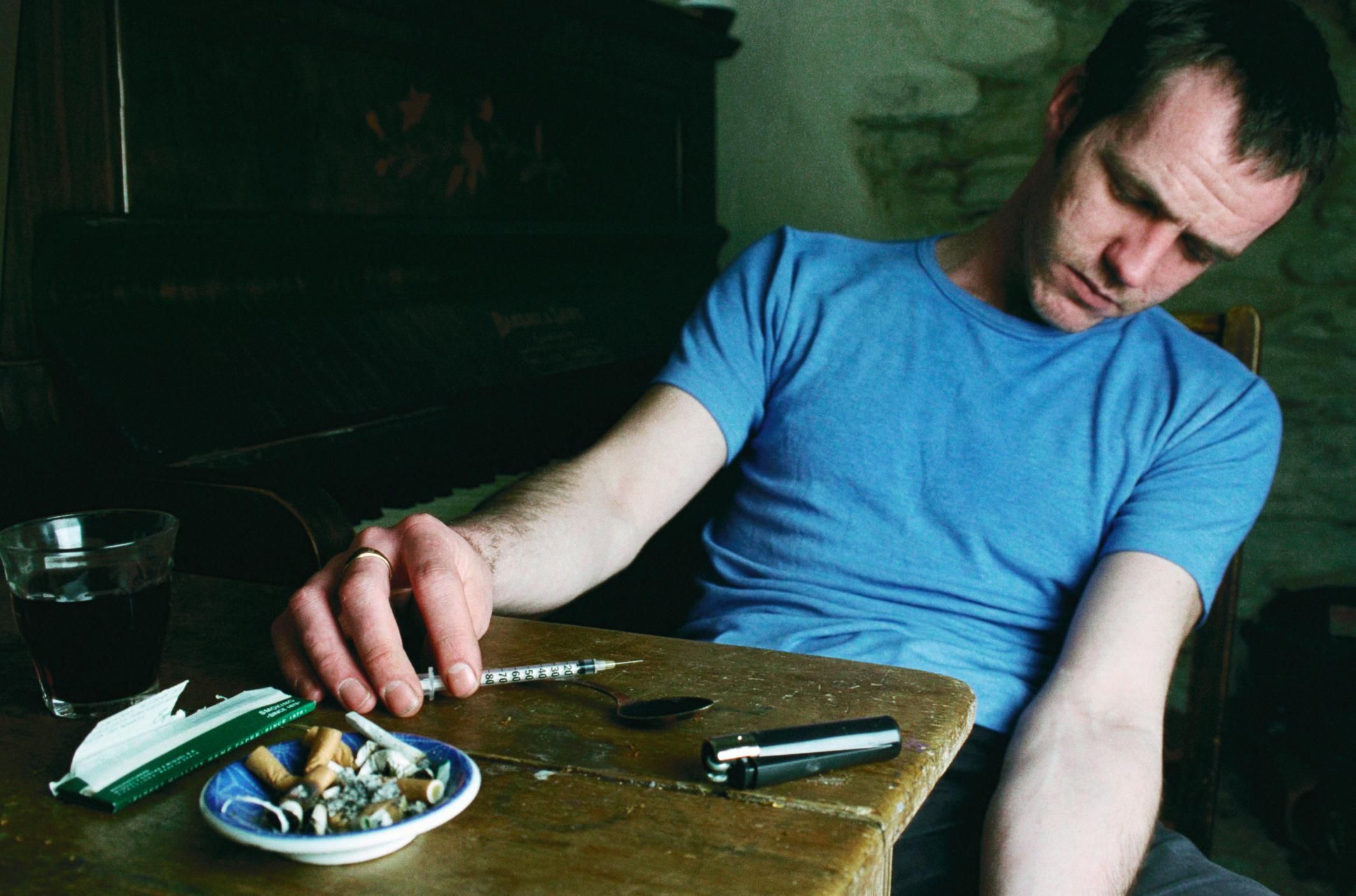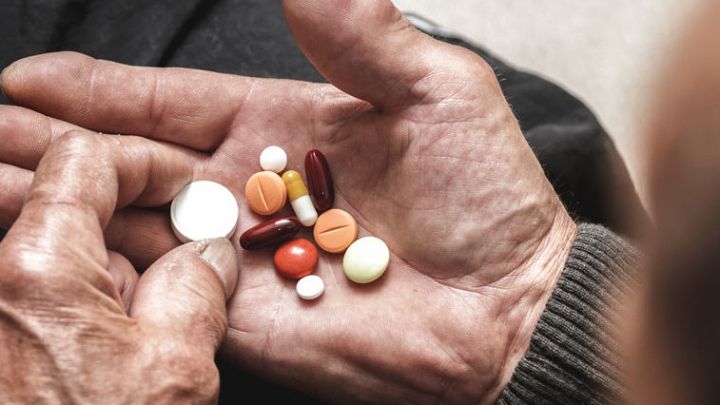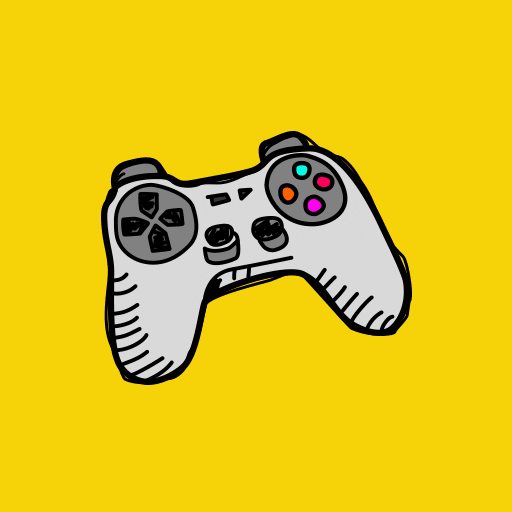Have you ever found yourself frustrated—maybe even furious—watching someone you care about repeatedly fall back into drug use, despite promising they’d quit? It’s easy to see it as a matter of willpower, or even weakness. From the outside, it can seem like they’re choosing self-destruction over recovery. But here’s the truth: unless you’ve experienced addiction firsthand, you probably can’t grasp how deeply rooted the struggle is. Quitting isn’t about making one strong decision—it’s about facing an internal war that plays out in both the body and the brain, over and over again.
How Substance Use Reshapes the Brain
Alcohol and many addictive drugs don't just cause short-term effects—they alter the brain’s chemistry in fundamental ways. One of the biggest changes involves a chemical called dopamine, which plays a central role in how we experience pleasure, learn, and stay motivated.
Under normal conditions, the brain releases dopamine in measured amounts. These small surges happen when we eat, exercise, laugh, or experience affection. But when a person uses drugs or alcohol, the brain gets hijacked. These substances flood the system with an overwhelming spike of dopamine, creating an intense high that's far stronger than any natural reward.
The catch? That flood of dopamine isn’t sustainable. Over time, the brain stops producing its own supply and becomes dependent on the substance to feel anything close to normal. Instead of gradually releasing dopamine in response to natural stimuli, the brain begins to expect an artificial jolt from drugs.
Eventually, the absence of the drug leads to withdrawal—a punishing state where the brain struggles to reboot its natural dopamine system. Symptoms during this phase can be unbearable, including extreme nausea, vomiting, anxiety, hallucinations, deep depression, and intense physical pain. For many people, the knowledge that taking the drug again will make these symptoms vanish—even temporarily—is too tempting to resist.
Addiction as a Long-Term, Recurrent Brain Condition
It’s true that drug use often starts with a choice. But as that behavior continues, it carves deep neurological grooves. The compulsion to keep using becomes powerful enough to override even a strong desire to quit. Over time, the ability to make rational decisions becomes impaired, and relapse can happen even after years of sobriety.
In fact, the cravings associated with addiction can linger long after someone has stopped using. That’s why individuals who have been clean for decades can still unexpectedly spiral back into full-blown use after a single triggering event.
Even so, there is hope. Science continues to show that a combination of therapeutic interventions—including cognitive-behavioral therapy, medication-assisted treatment, and peer support—can help people regain control and build a sustainable life in recovery.

Why the Brain Keeps Pulling You Back: Reinforcement Mechanisms
Every drug interacts with the brain in unique ways, but nearly all addictive substances share one thing in common—they target the dopamine system.
Dopamine isn’t just about feeling good. It governs how we form habits, regulate emotions, and stay motivated. When you experience something pleasurable, your brain sends a tiny signal through dopamine to reinforce that behavior. In essence, it’s your brain's way of saying, "Do that again."
Now imagine that natural process on steroids. Drugs dump massive quantities of dopamine into the brain, creating a euphoric sensation that dwarfs other enjoyable experiences like eating, laughing, or having sex. Because of this exaggerated effect, the brain starts to prioritize drug use above everything else. Even thinking about the drug can trigger dopamine surges—long before the drug is even consumed.
This neurological loop creates a powerful internal drive to seek out the substance repeatedly, often without conscious thought. It becomes a reflex, a default action—like craving chocolate when you're stressed, but multiplied by ten. And unlike chocolate, drugs come with a much more dangerous set of consequences.
What Happens When Dopamine Runs Dry
The brain has its limits, and when it’s forced to release too much dopamine too often, things start to break down. After each intense surge triggered by drug use, the brain’s supply of dopamine temporarily dries up.
This dopamine crash is part of the reason why users often feel drained, sad, or emotionally numb a day or two after using. Over time, the brain’s ability to bounce back becomes impaired. It can no longer produce or move dopamine through its circuits effectively.
The damage often hits the prefrontal cortex hardest—the part of the brain responsible for decision-making, weighing consequences, and self-control. When this region is compromised, it becomes harder for someone to make thoughtful choices, resist impulses, or break free from destructive habits. The more chronic the drug use, the longer it may take for the brain’s dopamine system to recover—sometimes months or even years.
The Physical and Emotional Grip of Withdrawal
The brain is incredibly adaptable—it learns quickly and rewires itself constantly. When drugs enter the picture, the brain adjusts to the new chemical environment. It reduces its own natural production of certain neurotransmitters, becoming reliant on the drug to maintain balance.
This leads to a phenomenon called tolerance—needing more of the substance to get the same effect. Eventually, the drug isn’t making the person feel high anymore—it’s simply helping them feel "normal."
When someone decides to stop using, this chemical balance is disrupted. The brain, which has grown used to the drug's presence, begins to panic. Withdrawal sets in, bringing with it a range of symptoms that can be physically excruciating and emotionally destabilizing. Pain, cold sweats, insomnia, mood swings, hallucinations, even seizures—these are not just unpleasant. They’re terrifying.
And here’s the brutal cycle: the quickest way to stop withdrawal is to use the drug again. This is how addiction perpetuates itself—not just through cravings, but through the overwhelming fear of withdrawal.
The Power of Triggers: Conditioning and Environment
Back in the 1890s, scientist Ivan Pavlov conducted a famous experiment. He rang a bell every time he fed his dogs. Eventually, the dogs began to salivate just at the sound of the bell—even if no food was present. This is known as classical conditioning.
Now apply that concept to addiction. When someone consistently uses drugs in a specific setting or with certain people, those surroundings become mentally linked to the drug experience. Eventually, just seeing a familiar place, hearing a certain song, or feeling a particular emotion can trigger cravings—even if the drug itself isn’t present.
These mental cues, known as triggers, are incredibly powerful. They sneak up when you least expect them, prompting sudden, intense urges to use. For instance, someone who smokes while drinking might suddenly crave a cigarette every time they’re near alcohol—even years after quitting.
These environmental associations can be so deeply ingrained that they often outlast the physical addiction itself.
Additional Factors That Contribute to Drug Dependence
While brain chemistry plays a massive role in addiction, it's only part of the picture. A person’s life history, environment, and emotional health can all dramatically increase the risk of developing a drug problem—and make quitting even more difficult.
Here are some of the most well-established risk factors for becoming dependent on drugs or alcohol:
-
A family history of substance use issues — Genetics can influence vulnerability to addiction. Beyond biology, growing up around someone who misuses drugs or alcohol can normalize that behavior or teach unhealthy coping mechanisms.
-
Mental health challenges, whether personal or within the family — Depression, anxiety, PTSD, or bipolar disorder can create an emotional void that some try to fill with substances.
-
Low parental involvement or supervision during childhood — Kids who grow up without boundaries or emotional support may lack the resilience or structure needed to avoid risky behaviors.
-
Disconnection from school or community — A lack of belonging can drive someone to seek out alternative support systems, which may include peer groups centered around drug use.
-
Poor emotional regulation and problem-solving skills — When someone struggles to handle anger, sadness, or stress in healthy ways, substances can seem like a fast, easy fix.
-
Experiences of trauma, neglect, or abuse in early life — These shape the brain in profound ways and often leave emotional wounds that make drug use more appealing as a form of escape or self-medication.
The presence of one or two of these risk factors doesn’t guarantee addiction—but the more that pile up, the higher the likelihood of early drug use, stronger dependence, and a much harder path to quitting later on.
Can Drug Habits Be Changed?
With so many complex biological and psychological factors in play, it’s easy to feel like drug dependence is a permanent condition. But the truth is more hopeful. Yes—addiction can be tenacious, but it’s not invincible. Recovery is possible, even after years of heavy use.
Several factors can make quitting especially tough:
-
Some people are genetically predisposed to addiction, while others aren't.
-
Damage to the dopamine system can reduce self-control, increasing impulsivity and weakening decision-making.
-
Withdrawal symptoms and cravings can persist long after use stops.
-
Environmental triggers can reignite urges, even during long-term sobriety.
That said, everyone’s brain is wired a little differently. Life experiences, upbringing, trauma, resilience—all of these combine to determine how someone responds to addiction and recovery.
You may have heard addiction referred to as a "chronic relapsing brain disease." And while it’s true that drug dependence behaves like other chronic health conditions—such as diabetes or hypertension—there’s still debate about the “disease” label.
Technically, there’s no concrete evidence that someone’s brain is biologically broken before they ever use drugs. In other words, addiction doesn't always stem from a pre-existing brain flaw. Instead, drugs gradually reshape the brain over time—often in reversible ways.
The “hijacked brain” theory implies that drug users lose all control, but that’s not entirely accurate. Many individuals with long-term addictions are still able to make choices—especially when given tools and support.
Rewiring the Brain and Reclaiming Control
Fortunately, the same brain that gets rewired by addiction can also be reshaped by recovery. Psychological therapies like cognitive-behavioral therapy (CBT), mindfulness-based approaches, and dialectical behavior therapy (DBT) help individuals rebuild healthy thought patterns and coping mechanisms.
In some cases, medications—such as those used for opioid or alcohol use disorders—can reduce cravings or block the euphoric effects of substances, making relapse less likely.
And here’s something encouraging: most people who enter treatment succeed. Some may relapse along the way, but that doesn’t mean failure—it simply means that recovery, like any chronic condition, takes time, patience, and persistence.
Some individuals manage to recover without formal treatment at all. Others benefit from structured support. What matters most is finding an approach that fits the person, their history, and their goals.
Even though the odds may seem stacked against them, people do change. They do recover. And with the right strategy, environment, and support system, quitting drugs—even after years of dependence—is entirely possible.












